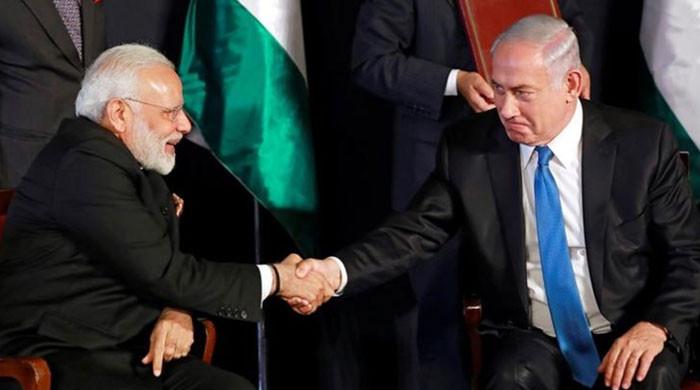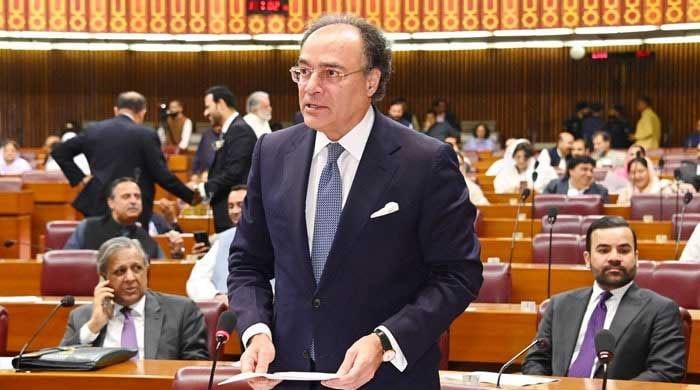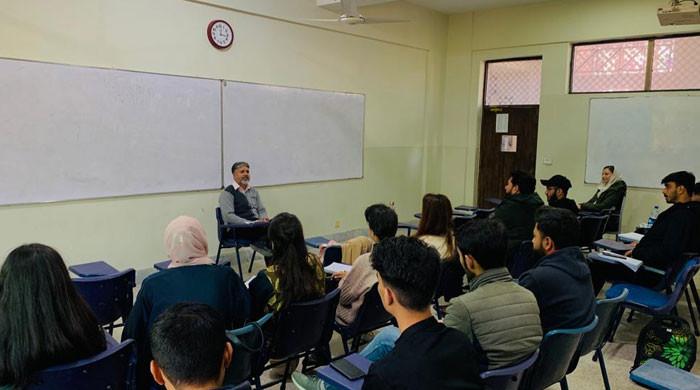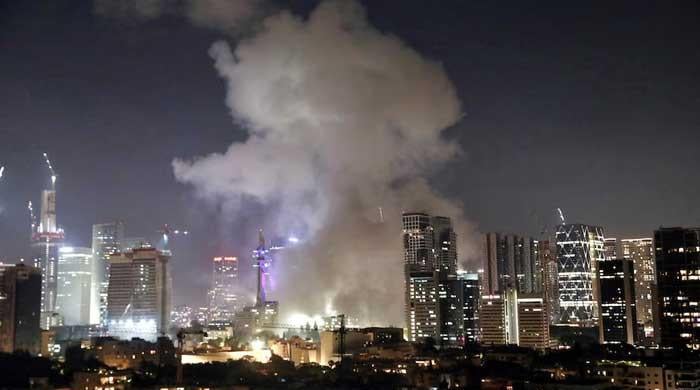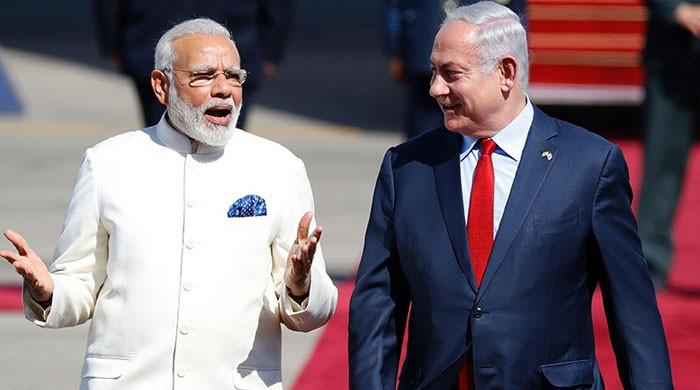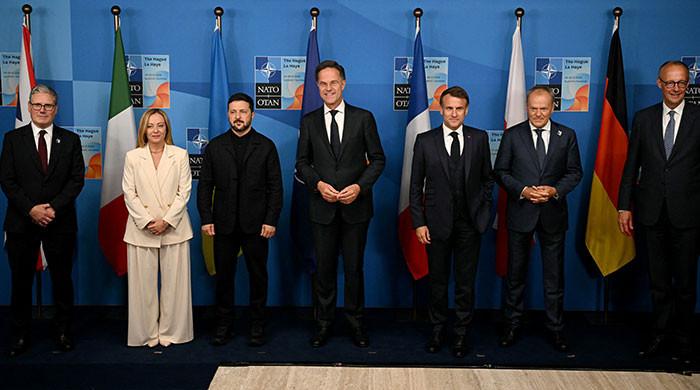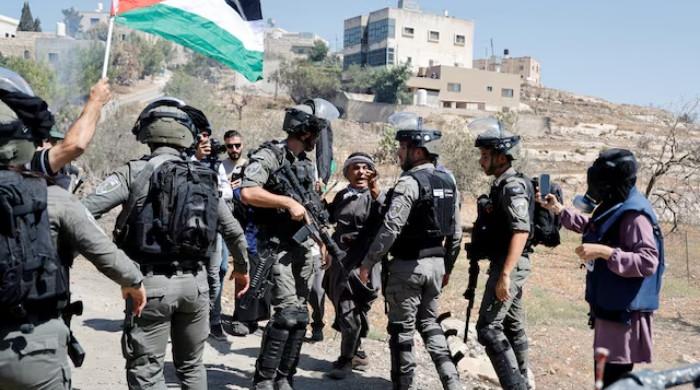Tapestry of faith and power in Pakistan
Intersection of religion and politics in Pakistan is not a simple meeting of lines; it is a complex, evolving narrative filled with paradoxes, challenges, and the constant search for identity
August 08, 2024
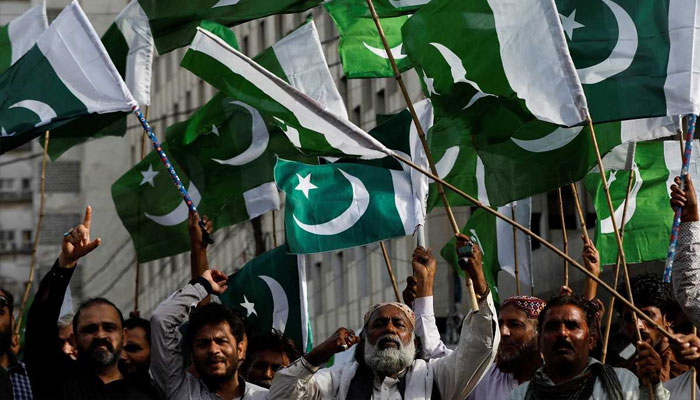
From its inception, Pakistan has been an intricate tapestry woven with the threads of religion and politics, each strand inseparably intertwined. The country's very foundation is rooted in the idea of an Islamic state, envisioned by its founding fathers as a sanctuary for Muslims of the subcontinent. Yet, the intersection of religion and politics in Pakistan is not a simple meeting of lines; it is a complex, evolving narrative filled with paradoxes, challenges, and the constant search for identity.
The founding vision
When Quaid-i-Azam Muhammad Ali Jinnah articulated the idea of Pakistan, he envisioned a state where Muslims could live freely, practising their faith without fear of persecution. Yet, his vision was not that of a theocracy, but rather a democratic nation where religion and state would be distinct but complementary. Jinnah's famous speech on August 11, 1947, highlighted his aspiration for a secular state where religion would be a private matter. However, the Partition's bloody aftermath and the subsequent need for a unifying national identity led to the ascension of Islam as a central political and cultural force in Pakistan.
The rise of religio-politics
The early years of Pakistan saw debates over the role of Islam in the state, eventually culminating in the Objectives Resolution of 1949, which declared that sovereignty belonged to Allah alone and that the state would enable Muslims to live according to Islamic teachings. This resolution laid down the groundwork for the inclusion of Islamic principles in the country's legal and political framework. The subsequent decades witnessed the rise of the use of religion in politics, particularly during the regime of General Zia-ul-Haq in the 1980s, who implemented a series of Islamic laws and institutions in an effort to make society more religious.
Zia's policies, including the introduction of Sharia courts and the Hudood Ordinances, were pivotal in embedding Islamic jurisprudence into the fabric of Pakistani law. These moves were often criticised for being politically motivated, designed to legitimise Zia's military rule and appease religious groups. Nonetheless, they left an indelible mark on the country's legal and social systems, sparking ongoing debates about the role of religion in governance.
The dilemma of identity
The intersection of religion and politics in Pakistan also reflects a deeper struggle for national identity. The question of what it means to be Pakistani is inextricably linked with Islamic identity, yet the country is home to a diverse tapestry of cultures, languages, and religious communities. This diversity poses a challenge to the idea of a monolithic Islamic identity. The state’s attempts to promote a unified Islamic identity have sometimes marginalised religious minorities and sects, leading to tensions and conflicts. For instance, sectarian violence between Sunni and Shia Muslims has periodically erupted, highlighting the challenges of maintaining religious harmony in a state where religion plays a central role in public life. The state's balancing act between being an Islamic republic and a secular and inclusive nation is a precarious tightrope walk, fraught with contradictions and tensions.
The political landscape
Religion continues to be a powerful force in Pakistan's political landscape. Political parties often use Islamic rhetoric to garner support, and religious parties, despite rarely securing a majority, exert significant influence on national policies and discourse. The blasphemy laws, among the strictest in the world, are a poignant example of how religious sentiments can be politicised. While these laws are meant to protect religious sensitivities, they have often been misused for personal vendettas and to suppress dissent, leading to a climate of fear and censorship.
Yet, there are also voices within Pakistan advocating for a more progressive and inclusive interpretation of Islam. These voices seek to reconcile the country's rich Islamic heritage with the principles of democracy, human rights, and social justice. They challenge the status quo, arguing for a vision of Pakistan where religious freedom and pluralism are not just tolerated but celebrated.
The path forward
As the country grapples with economic challenges, security issues, and a rapidly changing global landscape, the role of religion in public life will continue to be a contentious and pivotal issue. The need for a nuanced approach that respects religious traditions while embracing modern values is more pressing than ever.
Pakistan’s journey is a testament to the complexities of intertwining faith with governance. The path forward lies in finding a balance — honouring the spiritual and moral values that form the country's backbone while ensuring that these values do not infringe upon the rights and freedoms of its diverse citizenry. In this delicate balance, Pakistan might find not only peace but also a richer, more inclusive identity, one that embraces the multiplicity of its heritage and the shared humanity of all its people.
In the quiet moments, amidst the call to prayer and the bustling marketplaces, Pakistan stands at a crossroads. Its future will be shaped by how it navigates the intersection of religion and politics — either as a source of strength and unity or as a battleground of division and strife. The choice is not merely a political one; it is a choice about the soul of the nation.
The writer is an MPhil Scholar and currently working as Director at the Federal Government of Pakistan.




